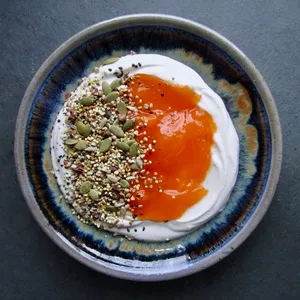I’ve been there—I’ve been the person who doesn’t eat carbs. I can’t say I was ever obsessive about it, but I was still that person. I read the anti-carb books: Big Fat Surprise, Wheat Belly, Grain Brain, Nutrition and Physical Degeneration, The Vegetarian Myth. They’re very convincing, well-written, and persuaded me for a couple of years to avoid carbohydrates.
During that time, I ate lots of eggs, yogurt, salmon, and other animal products (all local/organic/pasture-raised/wild), avocados, coconut products, and some other vegetables. I didn’t eat a ton of fruit (even though I love it), starchy vegetables, grains, or legumes.
Thank goodness I’ve gotten over that. I realized some things, integrated carbohydrates back into my diet, and do not plan on cutting them out again. Here are some common questions you may have, and responses with my thoughts on carbs and reasons for embracing them.
#1 Reason to Eat Carbs: Our bodies like them.

Photo by Santina Renzi
Glucose is our body’s preferred form of fuel, and, to an even greater degree, glucose is virtually the sole fuel of our brains. I almost feel like ending this article here. Our bodies are happiest when they are being powered by carbs. Our brains work best when we give them carbs. There you go. Eat some carbs and have a nice day.
What happens when you cut carbs?
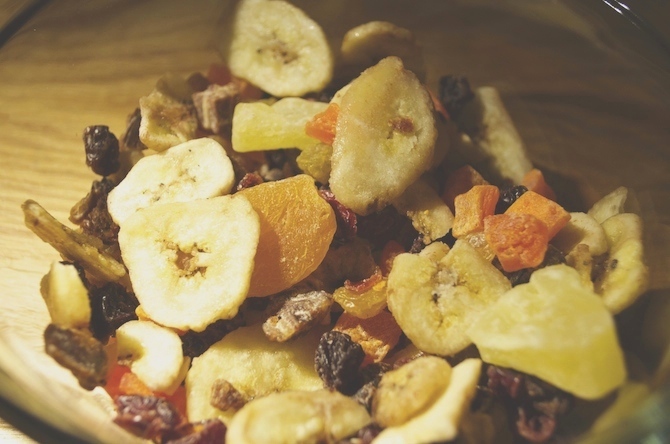
Photo by Niki Laskaris
Some people follow a low-carb diet because of a medical condition that they find to be most manageable with less carbs (like diabetes or autoimmune disorders). This article is not addressing those people.
The rest of the low-carb community is mostly composed of people who are trying to lose weight or “maintain their figure.” As I’m sure you’ve discovered, if you’ve dabbled in a low-carb lifestyle, this takes a massive amount of willpower. Of course it does, because our bodies love carbs.
When people try to maintain a low-carb diet, it doesn’t take long for them to begin craving carbs. Often, they will try to remedy these cravings with artificially-sweetened low-carb sweets, or just push through with pure willpower, but neither of these methods work in the long run. You can’t be satisfied by artificially-sweetened sweets because those do not fulfill what your body is craving—glucose.
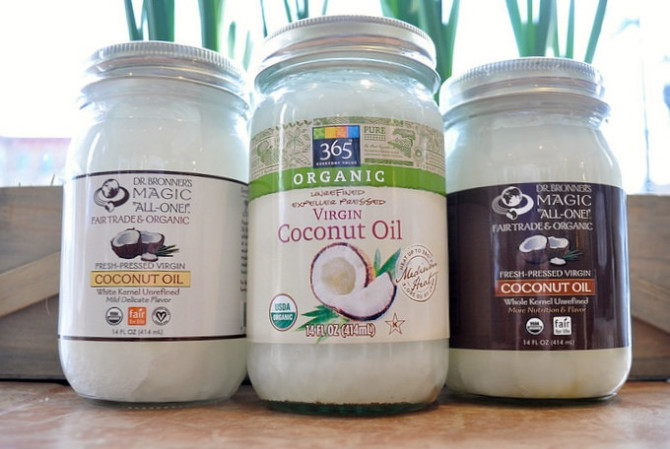
Photo by Andrew Zaky
Eventually, the body’s desire for glucose overrides even the strongest willpower, which leads to moments of weakness in which a person will let themselves go, eating lots of refined carbohydrates and sugary desserts. They will feel satisfied (finally!), but guilty. They will resolve to be better, stronger, and tougher, then wake up the next morning determined to (*groan*) continue depriving themselves of carbs.
I saw this, time and time again, when I worked at a wellness center. So many women would come in and tell me about their low-carb lifestyles. They were always on different weight loss programs and always trying different products (like HCG drops and Garcinia Cambogia). These programs almost always focused on cutting carbs (and usually calories as well).
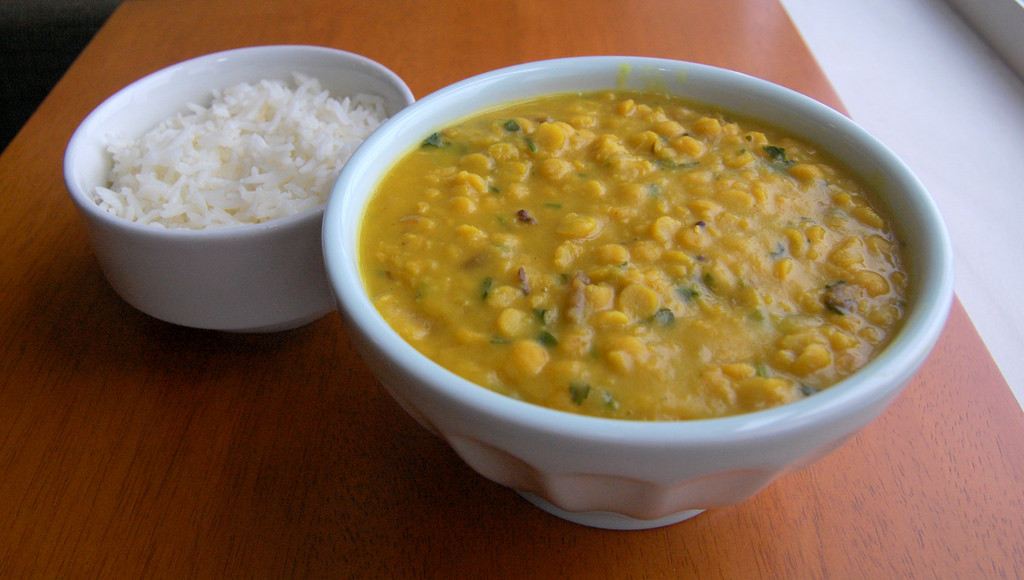
Photo by Rachael Piorko
The women would rave about how much energy they had, how they never even felt hungry, and how they didn’t crave sweets. Great, right? Unfortunately, their words didn’t tell the whole story. These women were almost always dreadfully overweight and buying artificial sweeteners.
If their diet was working so well, why were they so chronically overweight? Why were they actually craving sugar so badly that they resorted to zero-calorie artificial sweeteners, which didn’t even beat their cravings? Why was it that the fit customers were the ones who had no problem buying dried fruit, rolled oats, and other (*gasp*) carby products?
If I cut carbs, can’t my body run on fat or ketones instead?
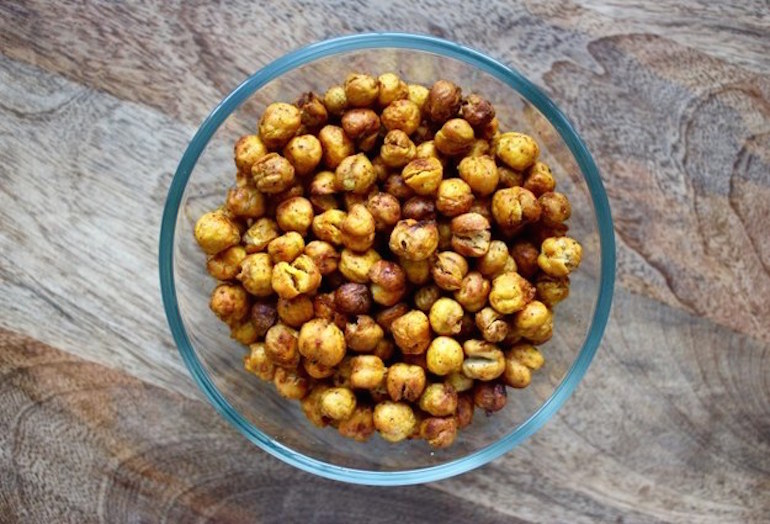
Photo by Kristine Mahan
STOP WITH THE KETONES. Ketones are not what our body wants to fuel itself with. Literally, ketones are what the brain runs on when it is absolutely starved of glucose. Ketones are a last-ditch effort by our brain to function.
This is obviously not an ideal state for your body to be in. People who eat super low-carb, trying to get into a state of ketosis, are basically trying to hack their bodies. I have a huge issue with this. We need to start working with our bodies, not against them.
But starchy vegetables have carbs.
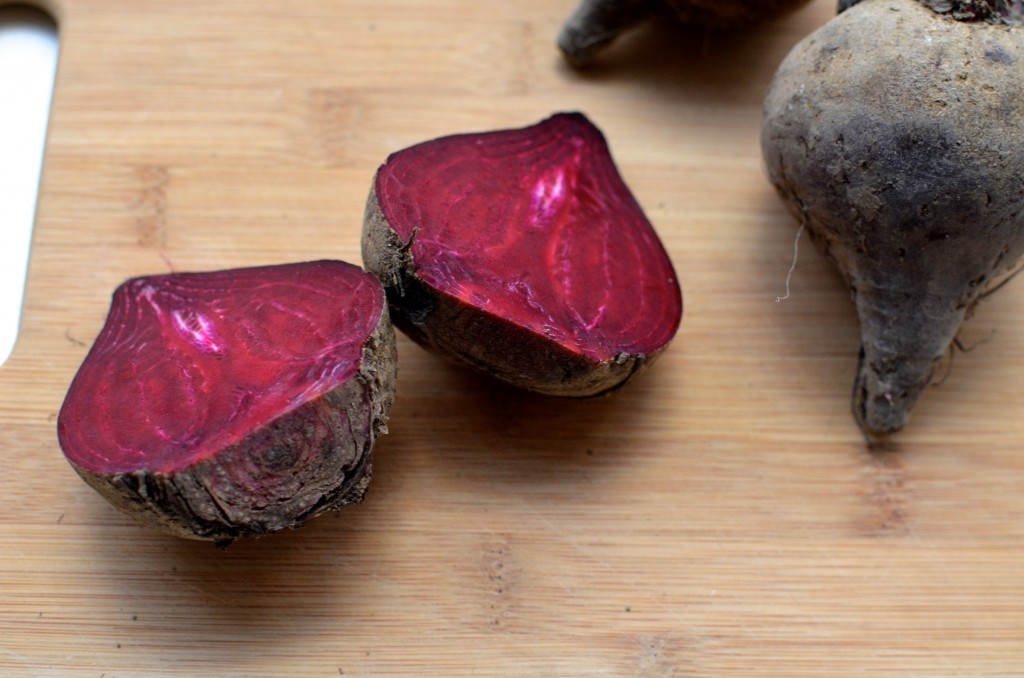
Photo by Margaret Weinberg
I had skeptical thoughts about low-carb diets from the start, but the science and reasoning seemed sound, so I pushed them aside. I couldn’t continue ignoring them, however, when I read advice to limit or remove vegetables like peas, sweet potatoes, beets, carrots, winter squash, and other roots from your diet due to their “high sugar” and “high carbohydrate” content.
THEY’RE VEGETABLES. HELLO. This is paranoia, and this is restrictive in a bad way. No one should be worrying about the carbohydrate content of a vegetable.
There are so many great things about veggies. Beets alone are amazing, astronomically high in the antioxidant betalain, full of fiber, potassium, folate, and many other vitamins and minerals.
Other vegetables contain much of the same, including glucose (which our body LOVES), so it’s okay. Missing out on all of that good stuff because you think the carbs in these whole foods will make you fat is ridiculous.
Don’t carbs make you fat?
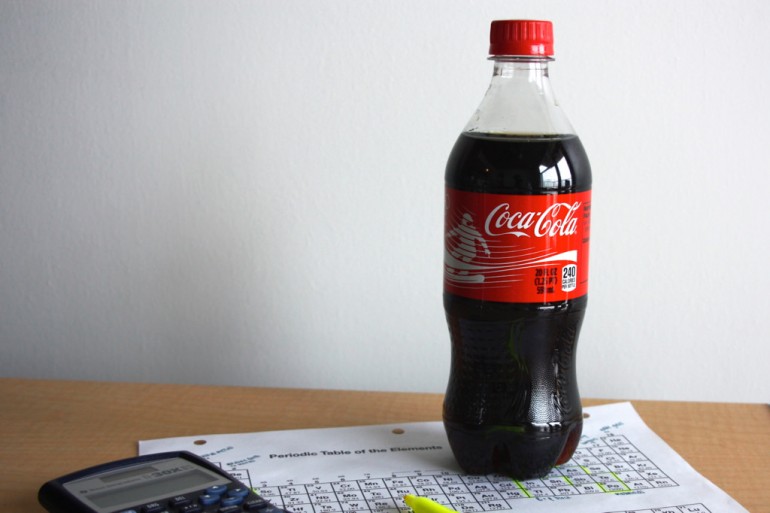
Photo by Christin Urso
There is a huge array of foods and food-like products that fall under the umbrella of “carbohydrate-containing.” It’s definitely possible to eat carbs and become overweight, but I also think it’s possible to eat carbs and maintain a healthy weight. It mostly depends on the quality of the carbs.
What I’m saying is that this isn’t an excuse to habitually consume white pasta, bread, cakes, and other highly processed and refined “foods.” Whole foods are a must. As stated above, I seriously don’t think anyone has a (non-medical) reason to avoid a whole food because of the “carbohydrate content.”
Here are some things that I think contribute to the obesity epidemic:
- Soda
- Fast food
- Refined sugar (including corn syrup and high fructose corn syrup)
- Highly processed foods and snacks
- Eating in cars all the time
- Eating in front of the TV
- Eating while on our phones
- Factory-farmed animal products
- Sedentary Lifestyles
Here are some things that I don’t think contribute to the obesity epidemic:
- Sweet potatoes
- Beets
- Carrots
- Tomato paste
- Apples
- Pineapple
- Berries
- Chickpeas, lentils, beans
- Actual oatmeal
- Real popcorn
- Real tortillas
- Quality bread
All items in the above list tend to be villianized by the low-carb community. They are all either whole or minimally processed foods. Do you see my point?
But carbs don’t keep you full.
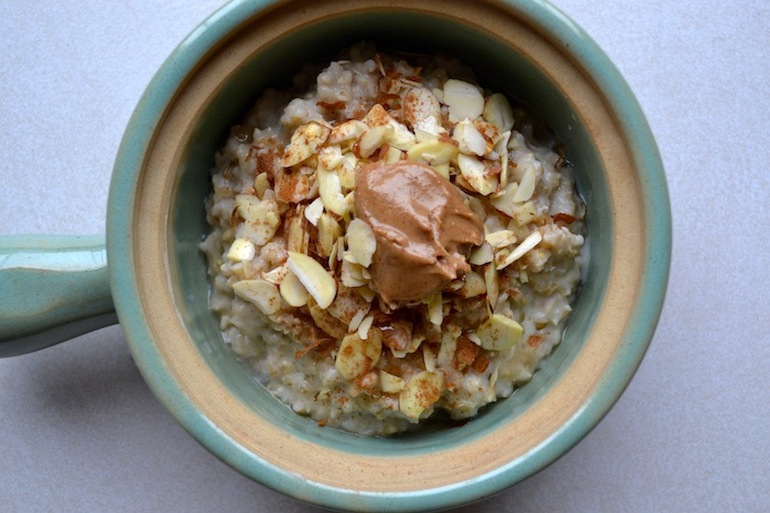
Photo by Amanda Shulman
I have one huge rebuttal to this, and I hope my fellow foodies can relate: SWEET! THAT MEANS I GET TO EAT MORE OFTEN.
The anti-carb argument that “fats and protein keep you fuller longer” seems to be true. Fats and proteins take longer to digest. They sit in your system longer, making you feel full. But isn’t it okay to feel hungry? When did it become not okay to get hungry?
It’s way more enjoyable to eat when you’re hungry than when you’re not hungry. There’s this weird idea that it’s bad to get hungry between/before meals. Where did this idea come from? Getting hungry means that you’re alive. Getting hungry means you’re a living, breathing, loving, dancing, vibrant human being who moves and does things and needs fuel to replenish all of the energy you burn.

Gif courtesy of giphy.com
I consider it a joy to eat breakfast, go about my day doing the things that I do, then become hungry and ready for lunch, or even a pre-lunch snack (to be clear, by hungry I don’t mean famished to the point where you are ravenous and will binge out on whatever you can get your hands on. If you do get to that point, regularly, it probably means you’re not eating enough in the first place).
Being hungry makes my lunch so enjoyable. Also, many carbohydrate-rich foods such as beans and whole grains contain a LOT of fiber, which helps keep your digestion regular. Eggs, avocado, bacon, and other low-carb breakfast foods will not do the digestive work of a morning bowl of oatmeal.
Don’t carbs cause blood sugar spikes and weight gain?
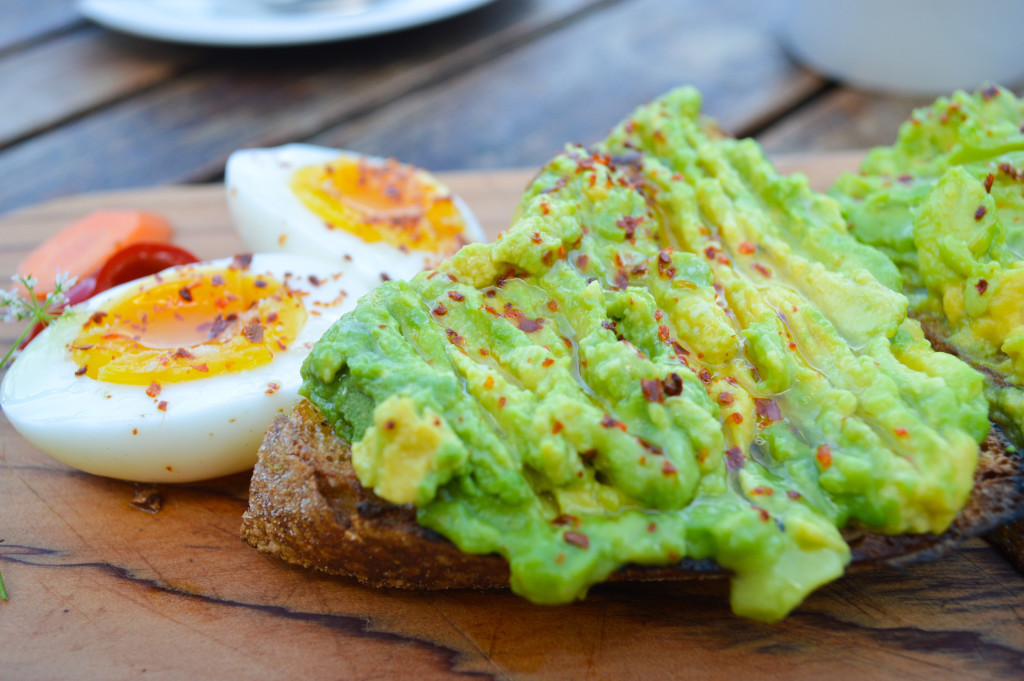
Photo by Heather Feibleman
To address the blood sugar issue: yes, eating simple carbohydrates by themselves can spike blood sugar, leading to fat storage and, eventually, obesity. Luckily, there’s a loophole.
Notice that I used the words “by themselves.” It turns out, eating some fat with your carbs will prevent that blood sugar spike. Problem solved. So yes, I will eat toast in the morning—sourdough toast topped with fat chunks of avocado and kimchi. So delicious.
To avoid those dreaded blood sugar spikes, cook your oatmeal in coconut milk, slap some peanut butter on your roasted sweet potato (if you haven’t tried that combo you’re basically a sinner)—just eat a little bit of fat in SOME form with your carbs (not vegetable oil, though).
Not only do grains, beans, and legumes have carbs, but they are hard for us to digest. We can’t even use most of the nutrients in them, right?
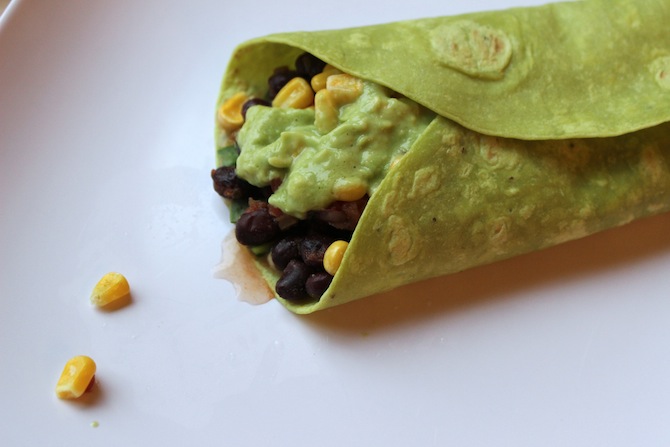
Photo by Santina Renzi
When it comes to grains, beans, and legumes, some people fret that they can’t digest them properly and can’t utilize many of the nutrients from them. Luckily, there are ways around that.
Soaking, sprouting, and fermenting are all methods used to make these foods more easily digestible and the nutrients more easily accessible to us. I love me some rustic sourdough bread and soaked/fermented oatmeal.
So how should I be eating carbs?
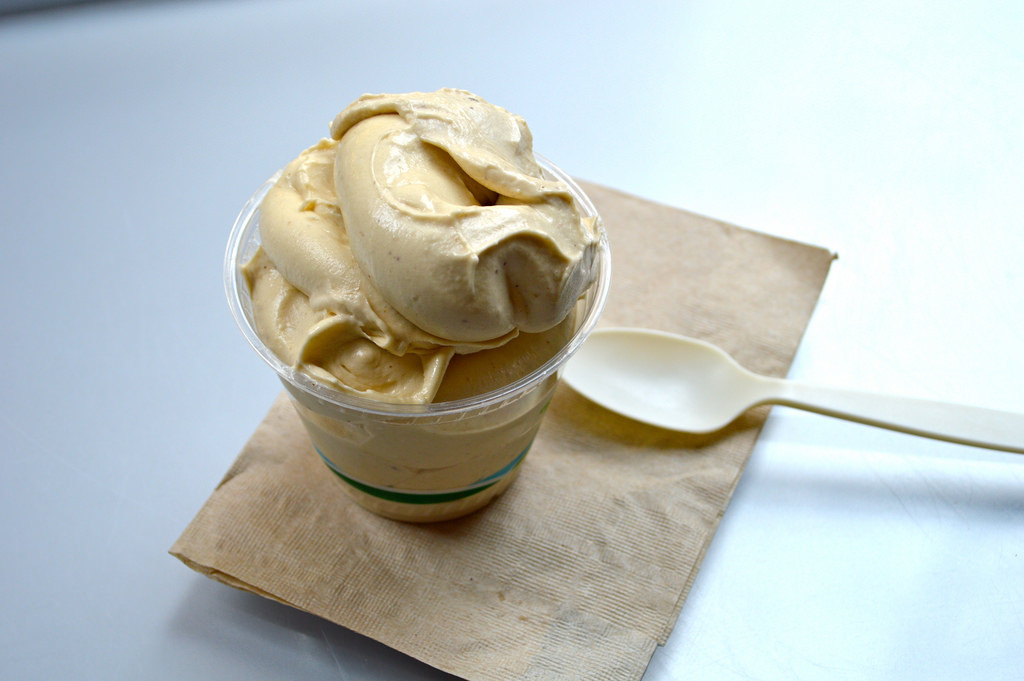
Photo by Nick Schmidt
I’m so happy to eat carbs again. They help me think, they give me the energy to get through my day, and they make me feel alive. Personally, I love soaked/soured oats, real sourdough bread, pulses (I made some bomb lentil dahl the other day), root vegetable roasts (beets, carrots, several varieties of sweet potato) with garlic and balsamic, stove-top popcorn, hummus, banana ice cream, melon in the summer, citrus in the winter, apples in the fall, berries, or a teaspoon of jaggery (a raw Indian brown sugar) in my morning tea.
None of these foods are considered low-carb, but they’re all considered delicious. Feel no guilt, friends. Do your body (and soul) a favor—go eat some carbs.


